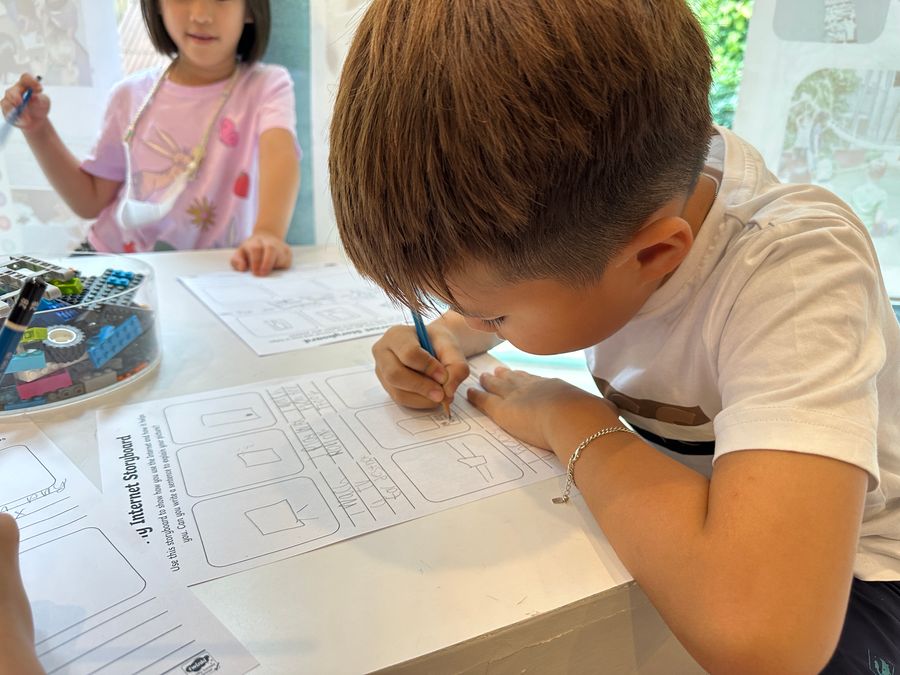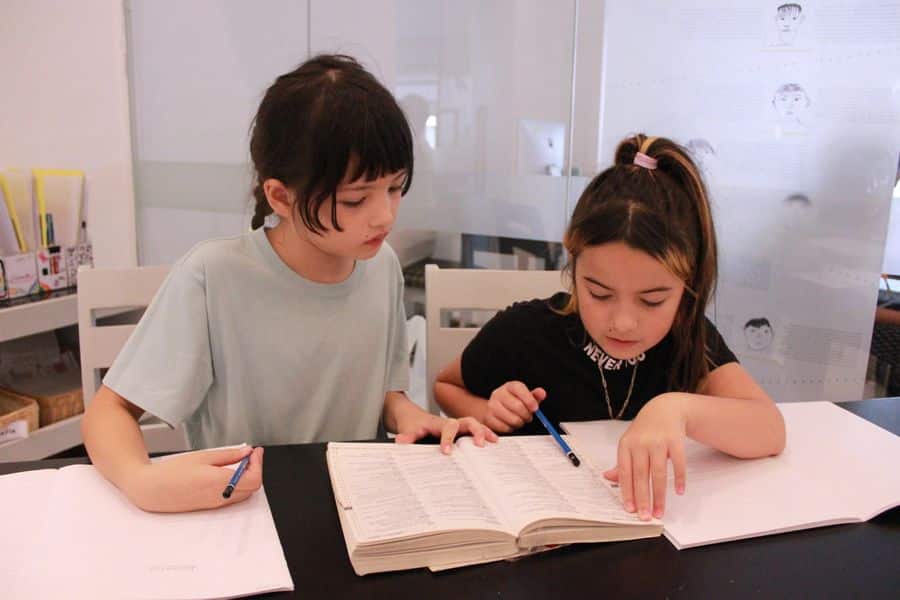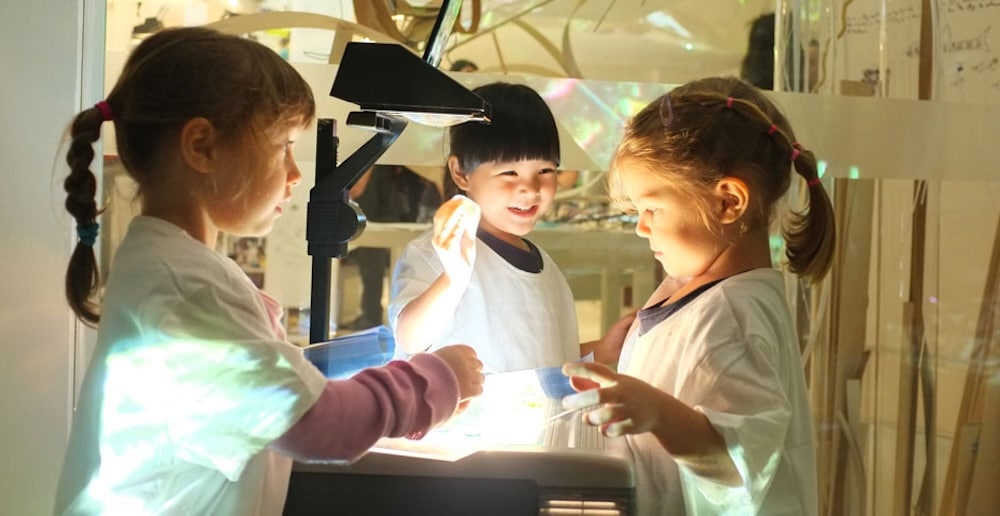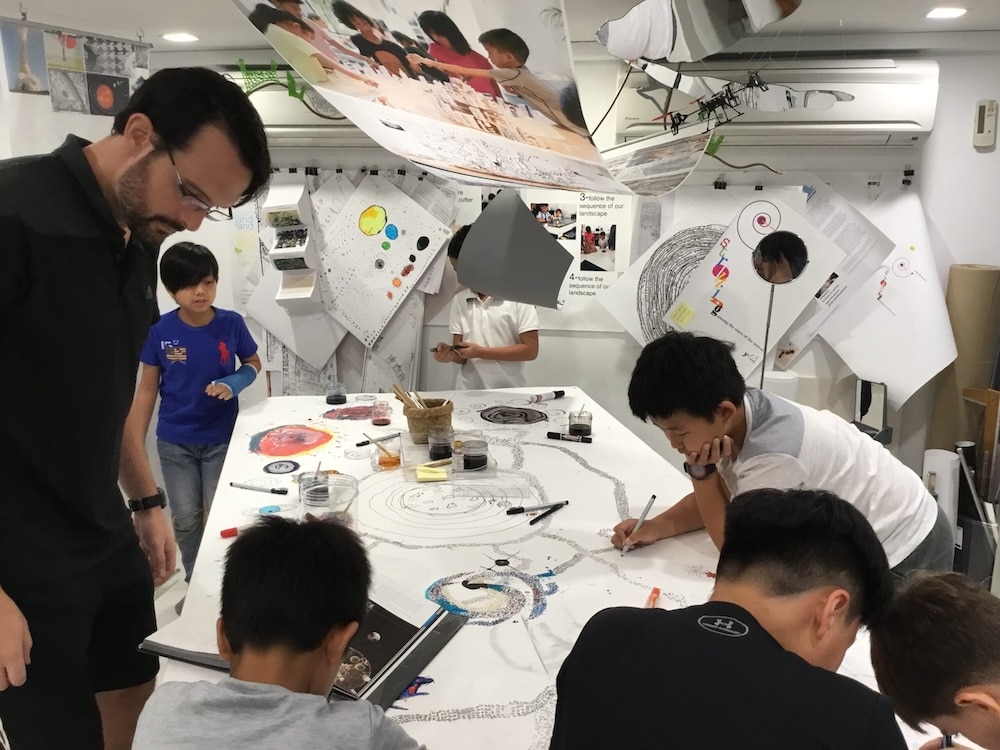Assessment is a vital part of teaching and learning. Our assessment policy, designed to improve learning and help children become self-regulating, autonomous learners, is fundamentally grounded in our pedagogical philosophy: learning is understood as an attitude of experimentation and theorising that flourishes through educator-child-family relationships. Our teachers are researchers working alongside children, paying careful attention not only to what a child is learning but also to what they are thinking, to help them discover what their experiences mean.
Assessment is the process of gathering information that accurately reflects how well your child is progressing in their learning. It comprises three different types of assessment, assessment as, for, and of learning, which each serve a specific purpose. Assessment of learning focuses on measuring short-term outcomes post hoc or what has otherwise been known as ’summative’ assessment. At The City School, we do gather this ‘snapshot’ data by way of testing in Maths and Literacy for the upper years and with 1 to 1 knowledge assessments for the younger years. These assessments of learning are designed to capture information which we use to track progress over time across the child’s learning journey. Our focus, however, is primarily on assessment as and for learning. These areas relate to ongoing processes that provide feedback and insights to improve learning while it is still taking place and through which teachers help children develop their capacity to be independent learners who are able to set individual goals, monitor their own progress, determine next steps, and reflect on their thinking and learning.

What do these types of assessment look like in practice? Our upper year children in particular are invited to reflect on their own learning behaviours and skills through self-assessment exercises. For example, they have previously reflected on ‘What makes a good mathematician?’ according to the following questions: ‘Did I show resilience, did I make good choices for myself, was I resourceful, did I collaborate with others, and did I communicate my ideas well?’ Assessment as learning here helps the children to take ownership of their learning and empower them to seek strategies that can develop their behaviours and skills. This exercise also feeds into assessment for learning, by providing a bank of data which can inform how our educators teach. We thus follow certain practices for assessment to evidence your child’s progress against the Ontario Curriculum expectations and our inquiry-based programmes that prioritize the growth of the child:
– Assessment practices are carefully planned to relate to the Ontario Curriculum expectations and learning goals, and to the interests, learning styles and preferences, needs, and experiences of all children.
– Assessments are ongoing over a period of time to provide multiple opportunities for children to demonstrate the full range of their learning.
– We use assessments that allow each child to express their understanding in a variety of ways – verbal, written, visual, 3-dimensional, conceptual, embodied, creative.
– Teachers obtain assessment information through a variety of means, which can include; formal and informal observations, anecdotal notes, documentation panels/ documented conversations, videos, podcasts, expressive languages, community storytelling and discussions, learning conversations, questioning, conferences, and tasks done in collaborative groups.
– We provide ongoing descriptive feedback that is clear, specific, meaningful, and timely to support improved learning and achievement.
– We look at how each child articulates their learning, the strategies they use and their ability to set goals, learn from mistakes and self-reflection, and seek to develop these self-assessment skills so the child can take ownership of their learning journey.
At The City School, assessment practices and procedures embody a learning culture in which the child grows in mind and in heart; we assess not only the academic skills but all the cognitive, social and emotional skills that will serve your child in the future.




